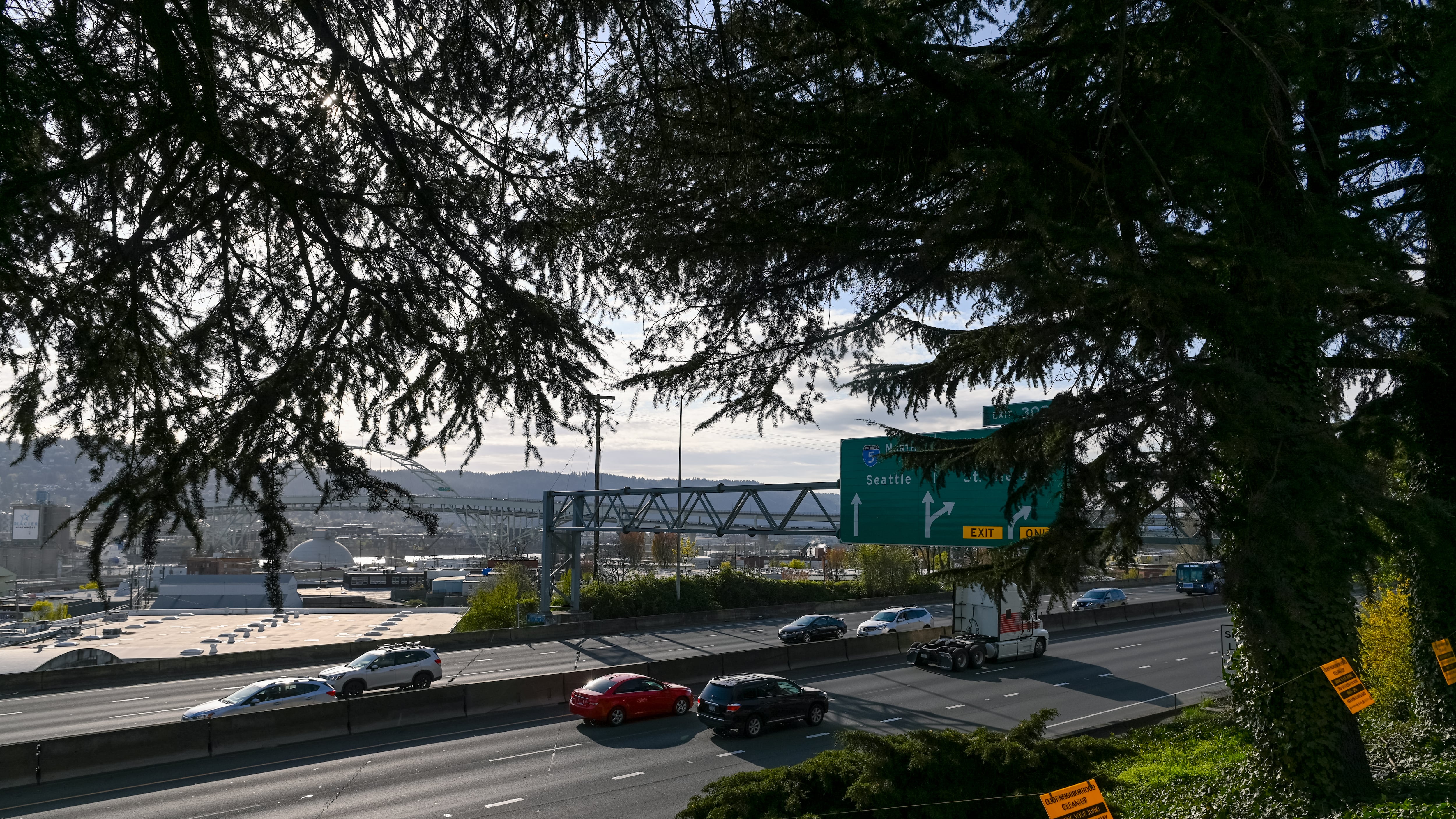A long-running disagreement over public information concerning a proposed $1 billion highway project is set for trial in Marion County Circuit Court next week.
At issue is a seemingly straightforward question: What does the public think of the Oregon Department of Transportation’s plan to widen Interstate 5 at the Rose Quarter?
Back in the middle of 2019, Alan Kessler, a Portland lawyer who specializes in public records, wanted to see exactly what ODOT learned from a 45-day public comment period, which followed a yearslong outreach process.
Kessler had some reason to be skeptical of ODOT. Through previous document sleuthing, Kessler discovered that Portland Parks & Recreation had quietly worked out an agreement for the expanded freeway to cover about 150 feet of the East Bank Esplanade—without public input.
Kessler blew the whistle on that plan, which the agencies promptly abandoned.
ODOT has spent millions on public outreach for the Rose Quarter project, which got funding from the Oregon Legislature in a 2017 transportation bill.
Initially, ODOT denied Kessler’s request for the results of the public comment period, but after he appealed to the Oregon Department of Justice, the agency provided him some information but not, his lawsuit says, all that the law requires.
Here’s what’s at stake at the trial:
What did ODOT withhold?
Kessler asked for ODOT’s “full data” on public comments in its “original form.” But when ODOT finally complied with his request, an agency official admitted last month in a deposition that the department had created a new, sanitized document that did not include ODOT’s draft responses to the public comments—nor did it tell Kessler it had omitted that information. Kessler’s attorney points to a requirement in the public records law that agencies either provide all information requested or acknowledge they have withheld information and give the applicant an opportunity to ask for it.
What does ODOT say?
On Sept 19, after WW inquired about the lawsuit, ODOT issued a press release highlighting a poll—conducted June 13-21—that showed “76% of Portland-area residents support ODOT’s project.” The poll included the premise—which critics vehemently dispute—that adding freeway capacity would reduce congestion. As for Kessler’s lawsuit, ODOT said nothing. “We are in active litigation and cannot comment on this case,” said ODOT communications director Kevin Glenn in a statement.
Why does it matter?
With its $1 billion price tag, the Rose Quarter expansion would be one of the largest projects in ODOT’s history. Critics say the addition of freeway capacity flies in the face of state and local policies aimed at reducing carbon emissions generated by driving, the single largest source of such emissions in Portland. As WW has previously reported, ODOT has been reluctant to share information about costs and unwilling to do a full environmental impact analysis. It also, at least initially, resisted community pressure for substantial freeway caps and the mitigation of impacts on nearby Harriet Tubman Middle School. Kessler says the agency’s resistance to transparency should be a concern to everybody who has a stake in the project—that is, all Oregonians. “What appears to be happening is that the many millions ODOT has spent on public outreach has been on theater rather than public engagement,” Kessler says. “That’s millions on a show so that they can continue with failed urban renewal policies and the destruction of minority communities.”
